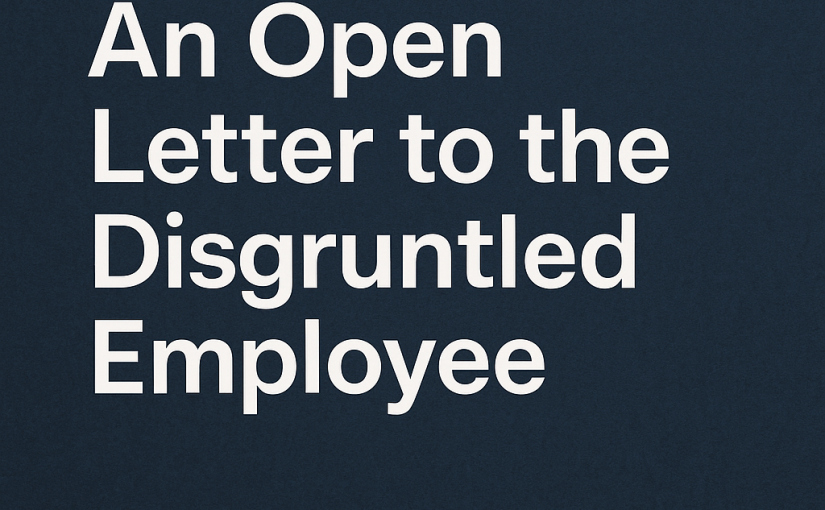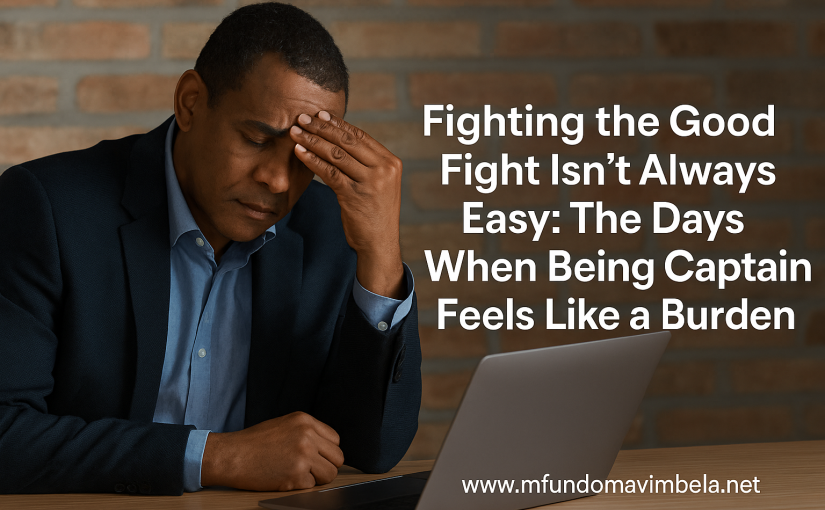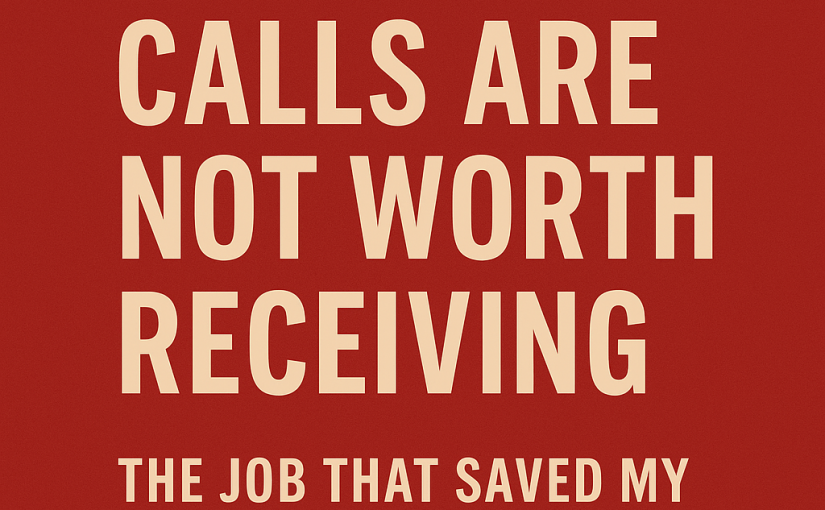The difference between activity-driven and goal-driven decisions is the difference between drifting and building a life with intention.
A dear friend of mine taught me one of the most important lessons about strategic thinking, though he didn’t realize it at the time.
He was frustrated with his corporate job—well-paying but unfulfilling. Despite earning good money, he yearned to do more with his life but wasn’t sure what that meant. When a government position came along offering slightly better pay with significantly less demanding hours, he turned it down without much thought.
“I was afraid I’d get bored,” he told me during one of our conversations.
That’s when I realized he was making a classic mistake I see entrepreneurs make all the time: he was activity-driven rather than goal-driven. He was making decisions based on what felt right in the moment rather than what served his larger vision.
The Moment Everything Changed
As we talked, something shifted in his thinking. He began to articulate what he actually wanted: to start multiple ventures across different industries. He’d been frustrated because someone had convinced him that real entrepreneurs focus on one idea until it works—a limiting belief I’ve always disagreed with, especially in the early stages of building wealth and experience.
But here’s where it got interesting. Once he clarified his real goal, he suddenly saw that government job differently. “I needed more free time,” he realized. “That job would have given me exactly what I needed to get my ventures off the ground—good pay with reasonable hours.”
The opportunity had passed, and he had to start looking for alternatives that would serve his actual objectives.
The Cost of Activity-Driven Decisions
This conversation revealed something I’ve observed throughout my own journey building businesses: most people make decisions based on how things appear rather than how they serve their larger vision.
My friend initially rejected that government job because it didn’t align with his image of career advancement. It seemed like a step sideways or even backward. But when he started thinking strategically about what he actually wanted to build, the same opportunity looked completely different—it was exactly the foundation he needed for his entrepreneurial ambitions.
I’ve made similar mistakes myself. Early in my career, I turned down opportunities that didn’t feel prestigious or exciting enough, only to realize later that they would have provided exactly the resources, connections, or time I needed to pursue my larger goals.
The Strategic Mindset Shift
What I’ve learned is that there’s a fundamental difference between being activity-driven and being goal-driven:
Activity-driven thinking asks: “Does this look good? Does this feel right? What will people think?”
Goal-driven thinking asks: “Does this serve my larger vision? Will this get me closer to where I want to be? How does this fit into my strategic plan?”
When you’re activity-driven, many opportunities will seem useless, confusing, or unreasonable. You might pass on a “boring” job that actually provides the flexibility you need. You might avoid a “step down” that’s actually a strategic move toward your real objectives.
But when you’re goal-driven, you evaluate everything through the lens of your larger vision. Suddenly, that government job makes perfect sense. Taking a temporary pay cut to join a startup becomes logical. Driving a second-hand car while you’re building your business becomes a badge of strategic thinking, not financial struggle.
How This Applies to Business Building
Through building Yati Group and advising other entrepreneurs, I’ve seen how this principle transforms every aspect of business decision-making:
Who you hire: Activity-driven leaders hire based on impressive resumes and immediate availability. Goal-driven leaders hire based on who can best contribute to the long-term vision, even if they’re not the obvious choice.
What you invest in: Activity-driven entrepreneurs chase every shiny opportunity that promises quick returns. Goal-driven entrepreneurs invest in capabilities and relationships that serve their strategic objectives, even if the payoff isn’t immediate.
How you spend your time: Activity-driven leaders stay busy with whatever feels urgent. Goal-driven leaders protect time for the activities that move them toward their vision, even when those activities don’t feel productive day-to-day.
What partnerships you form: Activity-driven thinking leads to partnerships based on immediate mutual benefit. Goal-driven thinking creates alliances that serve long-term strategic objectives.
The Questions That Change Everything
I’ve developed a simple framework that helps me stay goal-driven rather than activity-driven. Before any major decision, I ask myself:
- How does this serve my five-year vision?
- What am I optimizing for—appearance or progress?
- If I knew no one would judge this decision, would I still hesitate?
- What would I do if I were thinking purely strategically?
These questions have saved me from countless activity-driven mistakes and helped me see opportunities that others miss.
The Strategic Paradox
Here’s something counterintuitive I’ve learned: the most strategic decisions often look wrong to people who don’t understand your larger vision.
Taking that government job might have looked like lack of ambition to my friend’s colleagues. But if it gave him the time and financial stability to build multiple ventures, it would have been the most ambitious move he could make.
Sometimes the path to your biggest goals requires choices that look small or even backwards to others. Being goal-driven means having the confidence to make those choices anyway.
The Compound Effect of Strategic Thinking
What I’ve observed is that goal-driven decisions compound over time. Each choice that serves your larger vision creates more options and opportunities. You build momentum in a specific direction rather than just staying busy.
Activity-driven decisions, on the other hand, often cancel each other out. You take a prestigious job that kills your entrepreneurial time, then quit it for a business opportunity you’re not prepared for, then scramble back to employment when the business struggles. You end up working hard but not making real progress.
Your Strategic Clarity
The most successful entrepreneurs I know all share this trait: they have such clear vision for where they’re going that they can quickly evaluate whether any opportunity or decision serves that vision.
They might drive modest cars while building their businesses, work for less prestigious companies that give them strategic advantages, or pass on seemingly attractive opportunities that would distract from their core objectives.
From the outside, their choices might look random or even questionable. But from the inside, everything connects to a larger strategic plan.
The Question That Matters
So I’ll ask you what my friend’s experience taught me to ask myself regularly: What drives your decisions?
Are you optimizing for how things look, or for where they lead? Are you making choices based on immediate comfort and social approval, or strategic advancement toward your real goals?
The opportunities around you probably look different depending on how you answer. That “boring” job might actually be perfect. That “risky” business move might be exactly what your long-term vision requires. That lifestyle choice that others question might be the smartest strategic decision you could make.
Because the difference between activity-driven and goal-driven thinking isn’t just about individual decisions. It’s about whether you’re drifting through your career and life, or building them with strategic intention.
What drives you?



